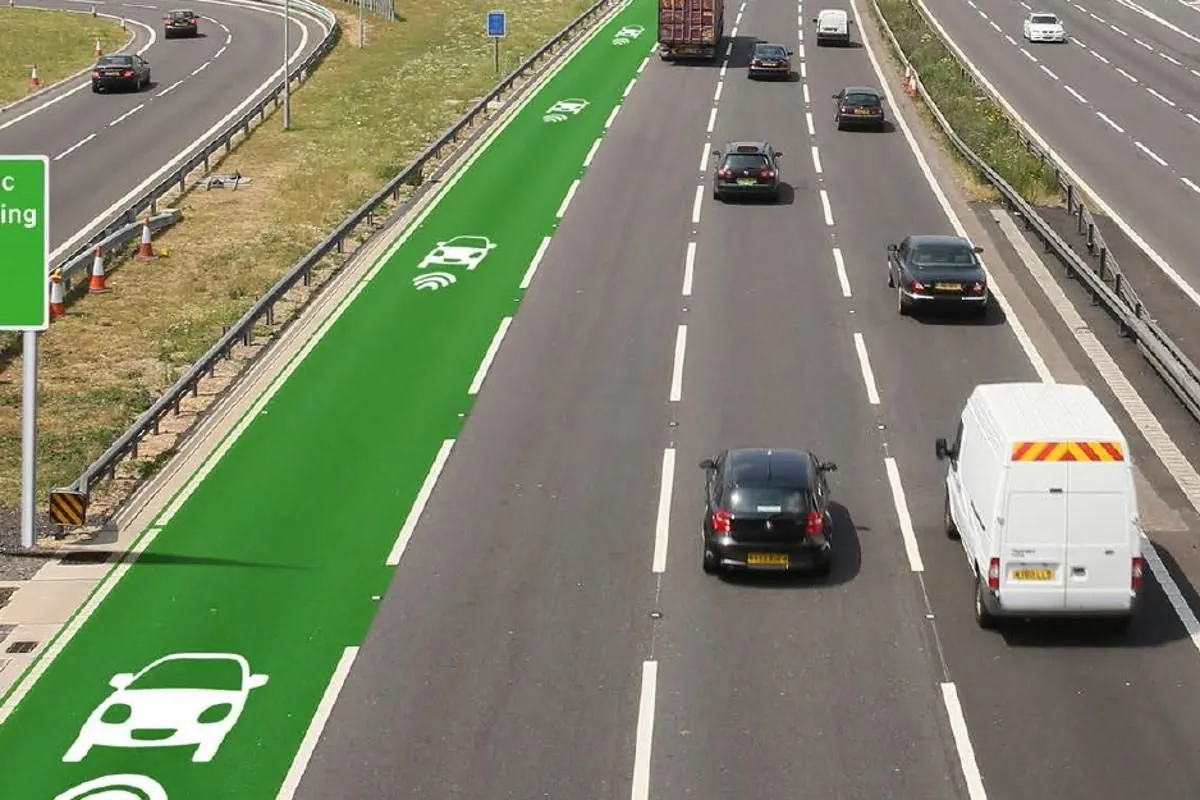UK Transport Group Proposes Pay-Per-Mile Tax to Address EV Revenue Gap
A major UK transport campaign group urges the introduction of a pay-per-mile road tax to compensate for declining fuel duty revenue as electric vehicle adoption increases. The proposal aims to ensure fair taxation across all vehicle types.

The Campaign for Better Transport, a prominent UK advocacy group for sustainable travel, has called on Chancellor Rachel Reeves to implement a pay-per-mile road tax system. This proposal aims to address the potential revenue shortfall resulting from the increasing adoption of electric vehicles (EVs).
Founded in 1973, the Campaign for Better Transport has been at the forefront of sustainable transportation advocacy for over five decades. The organization, supported by the Royal Automobile Club (RAC), which dates back to 1897, has presented this recommendation ahead of the upcoming Budget scheduled for October 30, 2024.
The primary concern driving this proposal is the projected decline in fuel duty revenue as more drivers switch to EVs. According to RAC estimates, the Treasury could face a £5 billion reduction in fuel duty income over the next decade. This figure coincides with the annual budget allocated for maintaining Britain's motorways and A-roads.

The proposed pay-per-mile tax would apply to all vehicles, with a tiered structure based on emissions. Simon Williams, head of policy at RAC, explained:
"A pay-per-mile system could be set up according to vehicles' emissions, with EV drivers paying the least to further encourage take-up, and 'gas guzzlers' paying the most."
This approach aligns with the UK's legally binding climate targets and the government's 2030 ban on new petrol and diesel car sales. However, it may face challenges in public acceptance, particularly among owners of older vehicles and early EV adopters.
The UK's road network, spanning over 262,300 miles, has seen significant changes since the opening of the M1, the country's first motorway, in 1959. The proposed tax system would mark another milestone in the evolution of UK road policies, following the introduction of fuel duty in 1909 and the more recent establishment of Ultra Low Emission Zones.
Silviya Barrett of the Campaign for Better Transport emphasized the urgency of addressing this issue:
"The new Chancellor faces a looming black hole. She can avoid it, in a way which is fair, and which garners broad public support. But she should start now, as this issue will only get more pressing."
The proposal has gained support from various organizations, including PwC, which predicts a potential £9 billion loss in fuel tax revenues by 2030. This forecast assumes that one in four vehicles on UK roads will be electric by that time, highlighting the rapid growth of EV adoption since the installation of the first commercial charging station in 2011.
As of September 3, 2024, the Treasury has not officially responded to the Campaign for Better Transport's letter, which was sent on July 26, 2024. The government's stance remains focused on supporting the automotive sector's transition to electric vehicles, as stated by a Treasury spokesperson.
The debate surrounding this proposal reflects the complex challenges faced by policymakers in balancing environmental goals, technological advancements, and fiscal responsibilities. As the UK continues its journey towards net-zero emissions, the road ahead for vehicle taxation appears set for significant changes.


































